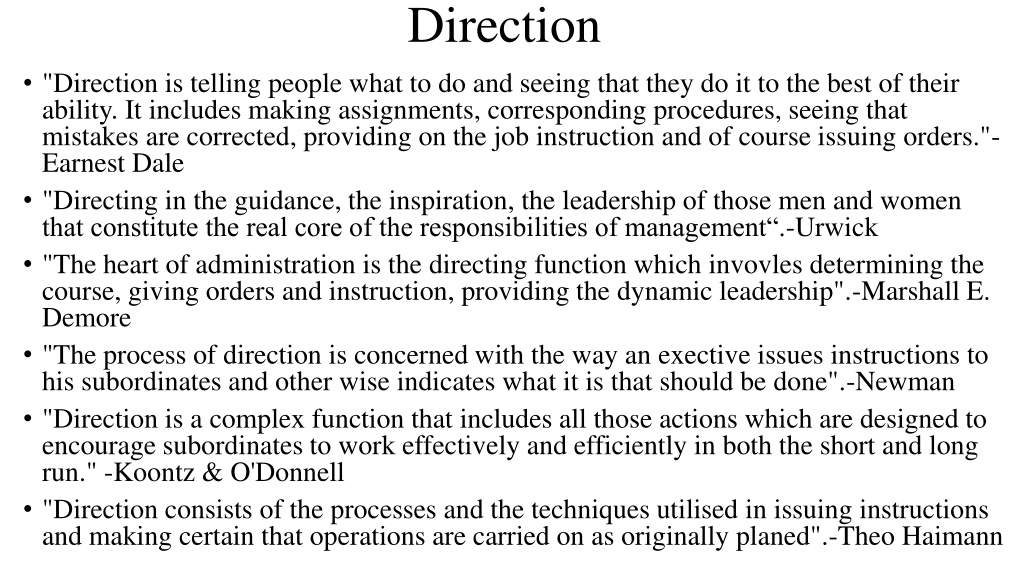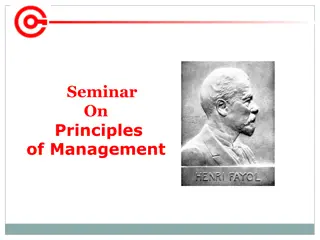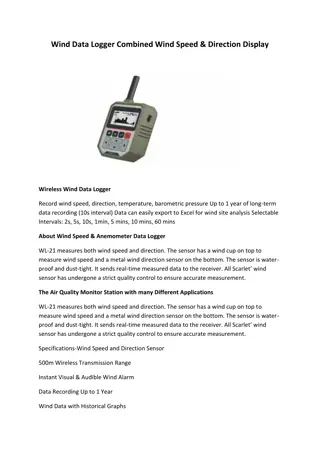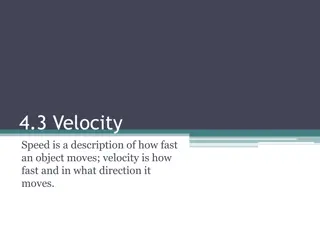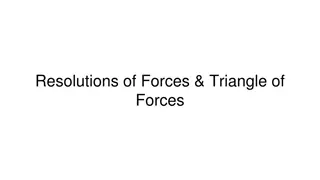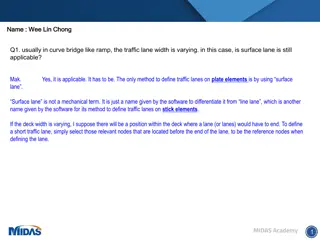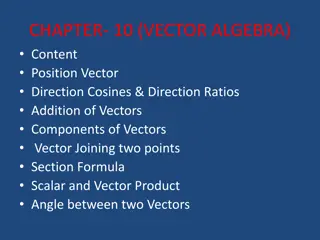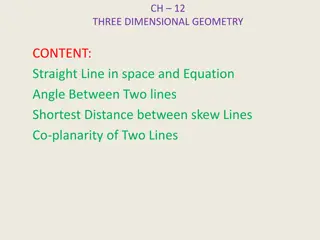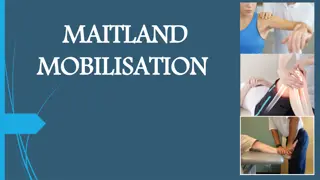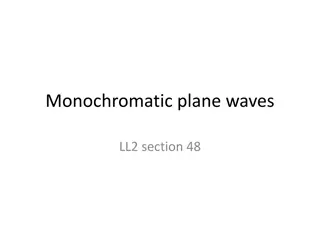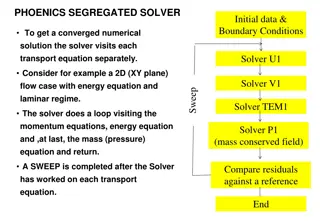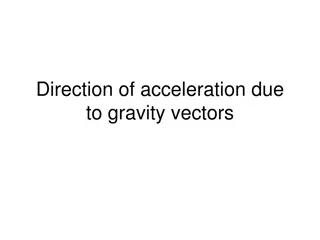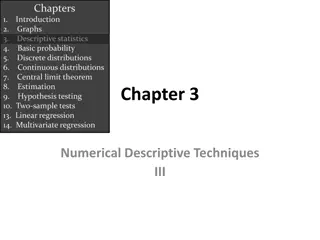Principles of Direction
Principles of direction are crucial for effective management. Harmony of objectives, unity of command, direct supervision, and effective communication play key roles in guiding and motivating employees towards organizational goals. By integrating these principles, managers can ensure smooth operations and foster a productive work environment.
Download Presentation

Please find below an Image/Link to download the presentation.
The content on the website is provided AS IS for your information and personal use only. It may not be sold, licensed, or shared on other websites without obtaining consent from the author. Download presentation by click this link. If you encounter any issues during the download, it is possible that the publisher has removed the file from their server.
E N D
Presentation Transcript
Direction "Direction is telling people what to do and seeing that they do it to the best of their ability. It includes making assignments, corresponding procedures, seeing that mistakes are corrected, providing on the job instruction and of course issuing orders."- Earnest Dale "Directing in the guidance, the inspiration, the leadership of those men and women that constitute the real core of the responsibilities of management .-Urwick "The heart of administration is the directing function which invovles determining the course, giving orders and instruction, providing the dynamic leadership".-Marshall E. Demore "The process of direction is concerned with the way an exective issues instructions to his subordinates and other wise indicates what it is that should be done".-Newman "Direction is a complex function that includes all those actions which are designed to encourage subordinates to work effectively and efficiently in both the short and long run." -Koontz & O'Donnell "Direction consists of the processes and the techniques utilised in issuing instructions and making certain that operations are carried on as originally planed".-Theo Haimann
Thus, the above definitions put the direction as "a managerial function which directs-orders the subordinates; supervises, inspects and guides their activities; and motivates them for work by providing various information and leadership. All this process helps employees to contribute in the achievement of objectives". Direction may be understood by the following diagram:
PRINCIPLES OF DIRECTION The success of direction function depends upon the certain principles. These principles are as given below: 1. Harmony of Objectives: Every individual is assigned a particular job and he, himself, is responsible to complete that. He can do it in a better way only when he thinks that it is going to attain his personal objectives which may be different from the organisational objectives. So, the manager must try to reconcile the personal objectives of his subordinates with those of organisational objectives.
2. Unity of Command: This principle of direction states that a subordinate should get orders and instructions from one boss. He is responsible to one boss only. It is the best principle if it is not affected by Dual Command. 3. Direct Supervision : Supervision refers to the direct and immediate guidance and control of subordinate in the performance of their task. Direct supervision by the boss and his direct advice to the subordinates boosts their morale resulting into renewed and rigorous effort. It also increases loyalty among the subordinates which is better for effective direction. 4. Effective Communication: Effective communication fosters mutual understanding, secures greater efforts from the subordinates and helps in coordinating the activities of an organisation. Effective communication is an instrument of direction. Communication is complete only when the receiver receives and accepts the message intended. Two-way communication gives the subordinates a chance to express their feelings and the boss to know the feelings of the subordinates. Misunderstanding, if any, can be removed through effective communication. Participation of subordinates in decision-making and responsibility essential to make communication really effective and meaningful.
5. Effective Leadership: The success of an organisation depends upon the quality of leadership exhibited by its managers at every level. Subordinates are happy if they get effective leadership from their boss. The boss must possess the qualities of a good leader, if he is to get the work done with and through subordinates. The style of leadership adopted by a manager may be directive or democratic depending upon the needs of the situation. In any case, the manager cannot afford to overlook the interests of the subordinates. 6.Participative or Democratic Management: The function of directing becomes more effective if participative or democratic style of management is followed. According to this principle, the superior must act according to the mutual consent and the decisions reached after consulting the subordinates. It provides necessary motivation to the workers by ensuring their participation and acceptance of work methods. 7. Follow up: In order to make direction effective, a manager has to direct, guide, motivate and lead his subordinates. A manager has not only to issue orders and instructions but also to follow up the performance so as to ensure that work is being performed as desired. He should intelligently oversee his subordinates at work and correct whenever they go wrong.
